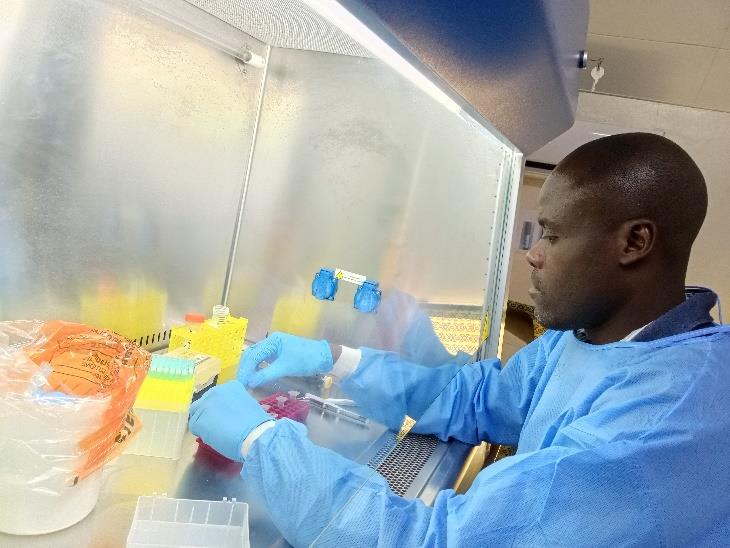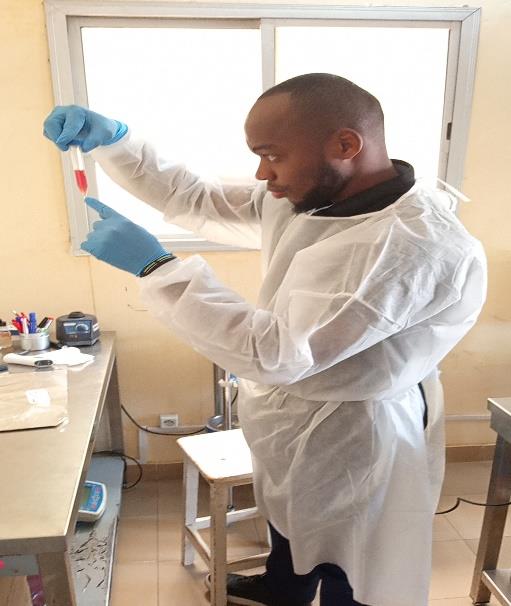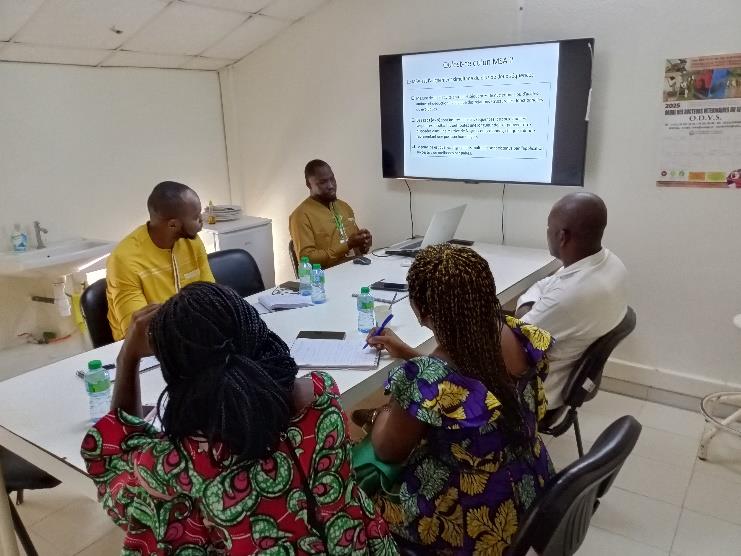
The Republic of the Congo faces a persistent threat from high-consequence pathogens that endanger both animal and human health. The country has experienced outbreaks of several serious diseases, including Rift Valley Fever (RVF), Peste des Petits Ruminants (PPR), Ebola Virus Disease (EVD), African Swine Fever (ASF), Highly Pathogenic Avian Influenza (HPAI), Newcastle Disease, Contagious Bovine Pleuropneumonia (CBPP), Anthrax, and Lumpy Skin Disease (LSD).
These outbreaks have led to devastating economic losses due to animal deaths, movement restrictions, and costly eradication efforts. Outbreaks of this kind typically contribute to food insecurity and heighten the risk of agrocrime and agroterrorism, as some of these pathogens could potentially be weaponised. Despite the urgency, limited surveillance systems and weak biosecurity infrastructure have made it difficult for Congo to implement effective disease control strategies.
To address these challenges, the Republic of the Congo requested support from the World Organisation for Animal Health (WOAH), to strengthen the diagnostic and biological risk management capacities of the National Veterinary Laboratory in Brazzaville (Laboratoire National Vétérinaire de Brazzaville – LNVB).
This support, provided under the Fortifying Institutional Resilience against Biological Threats (FIRABioT) project led by WOAH, started with a Training of Trainers (ToT) program for five Congolese laboratory professionals. Held from 5–16 May 2025 at the National Laboratory for Livestock and Veterinary Research (LNERV) in Dakar, Senegal, the training focused on advanced diagnostic techniques for managing high-consequence pathogens safely and effectively.
The two-week training included theoretical sessions on biological risk management, mitigation of laboratory-related risks, good sample reception practices, and the use of Laboratory Information Management Systems (LIMS). In practical sessions, participants received hands-on training in the diagnosis of Rift Valley Fever (RVF) and Contagious Bovine Pleuropneumonia (CBPP), including inoculation, incubation, and identification of samples using molecular techniques such as PCR and ELISA.
Mr. MIAKAYIZILA Blaise Divin Emmanuel working in the laboratory. Picture © LNERV, 2025
Participants attending a theory session during the training. Picture © LNERV, 2025
This ToT marks the first of three planned activities aimed at strengthening the Republic of the Congo’s diagnostic capacity under the FIRABioT project. In June 2025, an in-country training on biosafety and biosecurity for laboratory personnel will be conducted, followed by a two-week hands-on diagnostic training for veterinary laboratory personnel that will be hosted by the National Public Health Laboratory (Laboratoire National de Santé Publique – LNSP) in Brazzaville. These sessions will be led by LNERV trainers and the newly trained personnel.
The FIRABioT project is funded by Global Affairs Canada’s Weapons Threat Reduction Program in support of the Global Partnership Signature Initiative to Mitigate Biological Threats in Africa.




